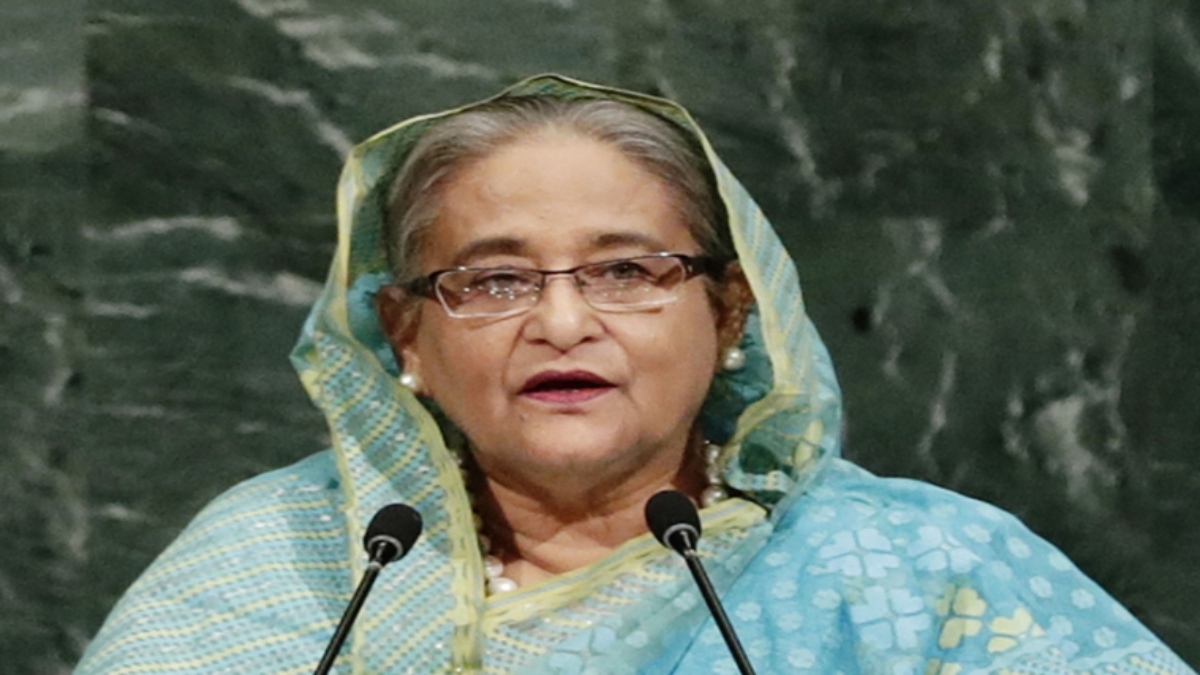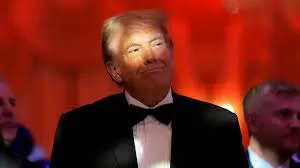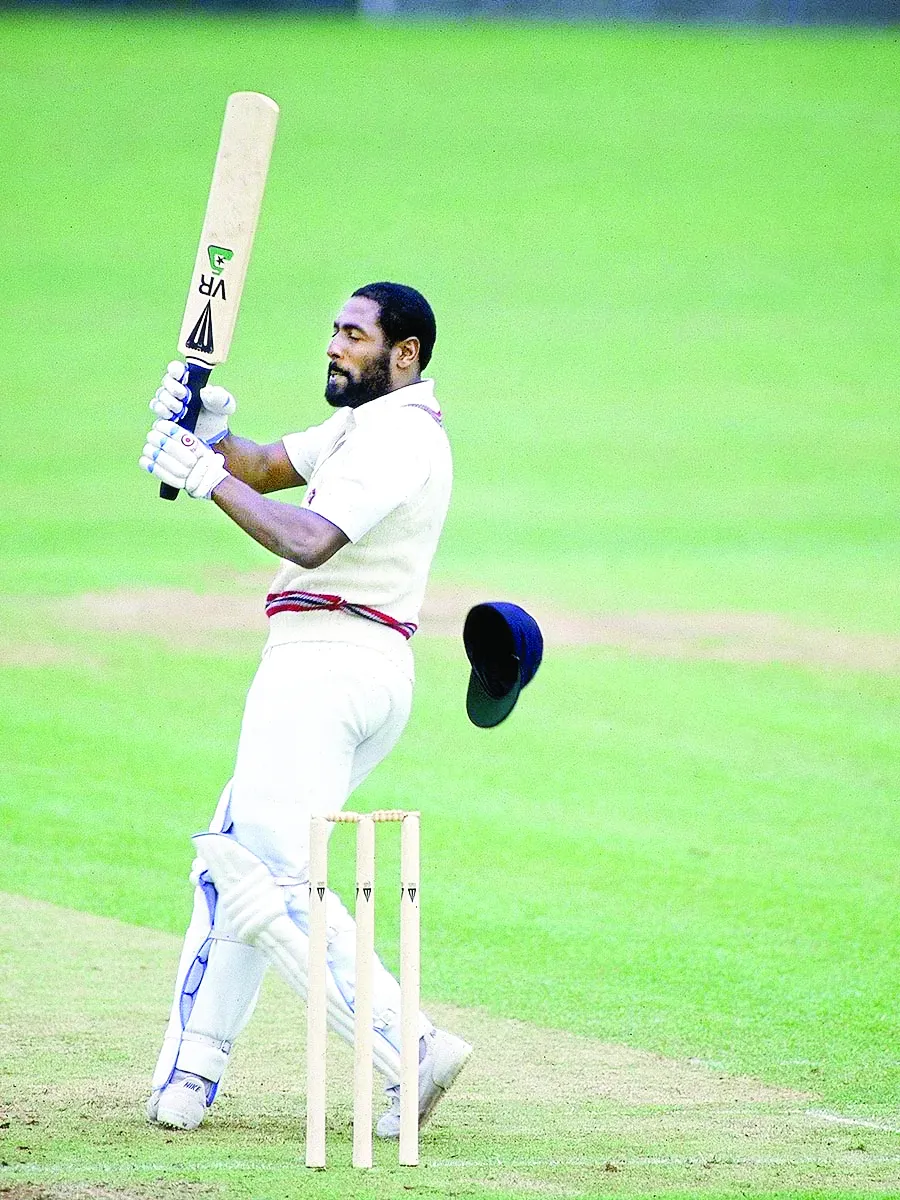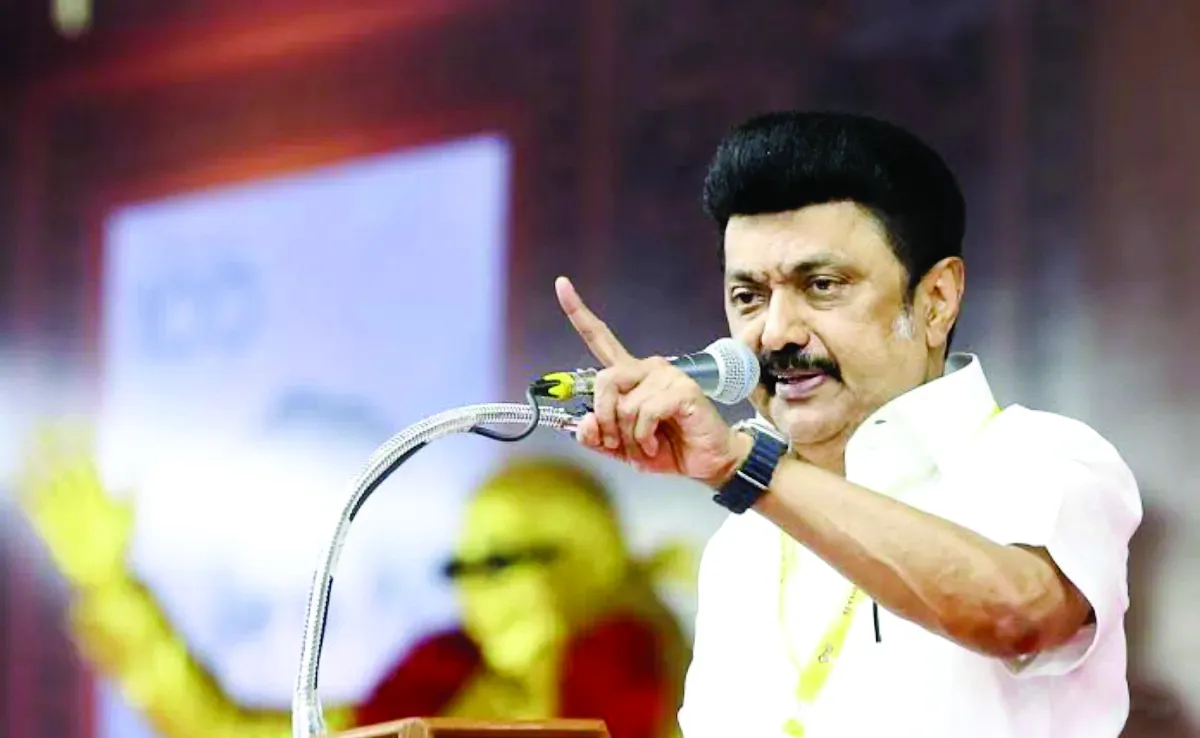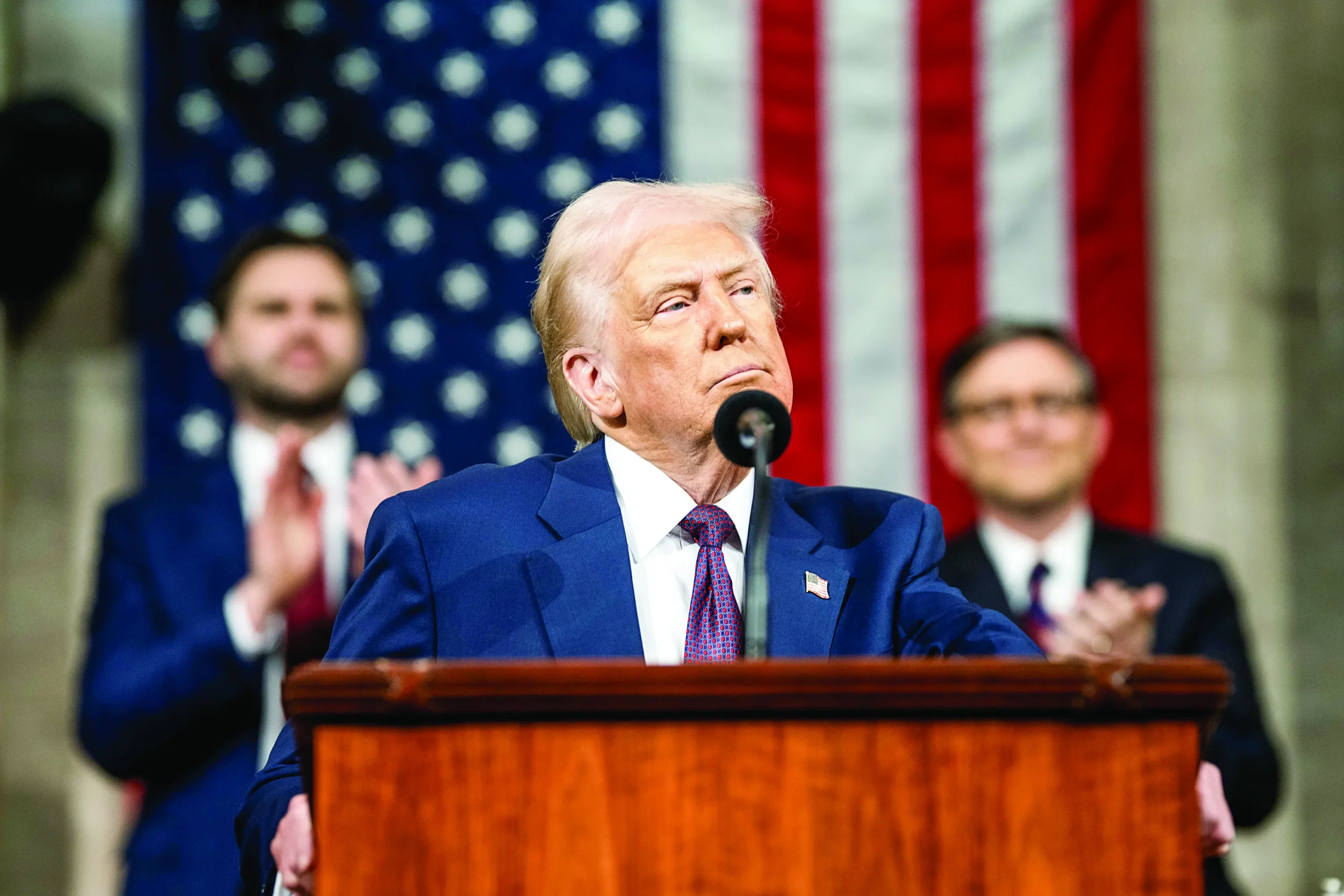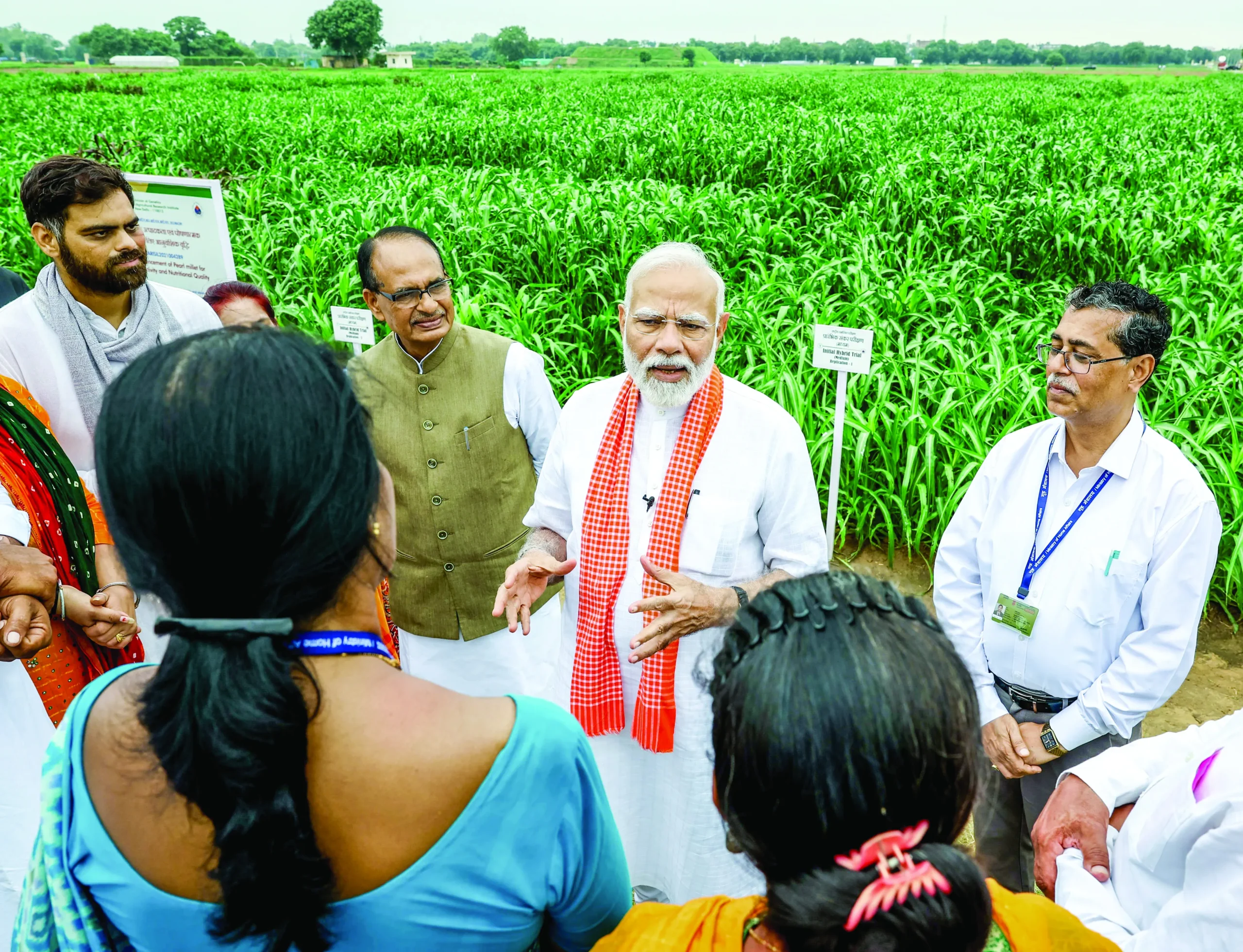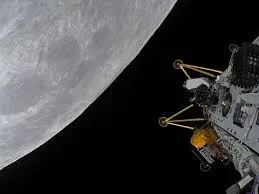In 15 years in power, Prime Minister Sheikh Hasina has been deeply invested in mega development projects and policies aimed at generating growth and alleviating poverty, mainly in the rural areas of Bangladesh.
An examination of the main economic indicators shows us that Bangladesh’s GDP grew from $91.6 bln in 2008 to $465 bln in 2022; while in the years before 2008, Bangladesh reached an average annual growth rate of slightly above 5%, in the last 14 years, the economy of Bangladesh grew by an average annual growth rate of over 6%. Per capita income increased from $841 in 2009 to $2,824 in 2022–Bangladesh progressed from a low-income country to a lower-mid-income country in 2015, and it is set to become an upper-mid-income country by 2031. The poverty rate declined from 31.5% in 2009 to 11.9% in 2021, though around 4% of the population is still in severe poverty. This data is remarkable considering the geostrategic environment in recent years.
The pandemic hindered Bangladesh’s growth which was only 3.4% in 2020–yet among very few countries in the world that kept growing. In addition, the Russian invasion of Ukraine caused further disruptions to global supply chains, resulting in rising inflation rates, energy shortages, a balance-of-payments deficit, and a revenue shortfall. Government subsidies on food staples, fuel, and electricity cushioned the rising costs of energy and non-energy imports. At the same time, the main sectors of the Bangladeshi economy received a dramatic hit – the RMG (readymade garments) and the agriculture sectors experienced heavy losses in GDP terms due to limited exports–the RMG sector alone lost 14% in GDP in 2020. Despite this negative geostrategic and economic environment, Bangladesh was able to keep the economy afloat. The help of international organizations was crucial in providing a much-needed breathing space to Bangladesh. IMF managing director, Ms Kristalina Georgieva, who approved this year a $4.7 billion loan to Bangladesh, lauded the current leadership as pivotal in moving Bangladesh towards prosperity, reassuring IMF’s confidence in Bangladesh’s economy.
Leveraging Bangladesh’s geostrategic location was vital in realizing many of Sheikh Hasina’s goals. It was able to attract Asian powers to invest in Bangladesh’s deficient infrastructure, maintaining high economic growth despite global challenges, reducing the poverty rate, and improving access to electricity and other basic needs. Therefore, it was only natural for the UN to acknowledge Bangladesh’s progress and officially announce its assured path to graduate from an LDC (Least Developed Countries) to a developing country by 2026.
Interestingly, the LDC category was established by the UN in the same year Bangladesh won its independence from Pakistan, in 1971. At its peak, there were 52 countries in the LDC category and only six countries managed to upgrade themselves to developing countries. This transition from LDC to a developing country is a bit misleading as it seems that LDCs would benefit from a higher status. However, graduation from the LDC category comes with a price. When countries graduate, they lose international support measures (ISMs) provided by the international community. These include preferential market access for goods, services, and service suppliers; technical assistance and capacity-building. As a result, international organisations such as the World Bank and the IMF may not always be able to support a country’s plain sailing graduation process.
Nonetheless, Bangladesh under PM Sheikh Hasina is committed to the graduation process and working to prepare its economy for the transition, ready to realize its potential as an important emerging economy in Asia and the Indo-Pacific region.
Bangladesh’s new budget, unveiled in June, embodies this commitment to become a developing country. It set a record $71 billion national budget for the fiscal year that started in July. The budget reflects a 15.3% rise from the previous budget, mainly to support the “SMART Bangladesh” initiative. It includes 14.7% more resources allocated to development projects and an 11% rise in supporting a larger social safety net program, compared with last year. The budget also set an ambitious growth target of 7.5%. Some economists question Bangladesh’s ability to finance this ambitious budget. First, several months ago, Bangladesh secured a loan from the IMF worth about $4.7 billion. Hasina’s government will need to meet the targets of the loan agreement and continue its economic progress so as not to fall into a debt crisis. In addition, the risk of a political crisis looms over further economic progress as Bangladesh is set to have general elections in 2024. There is room for optimism. An IMF team who visited Bangladesh in May stated that against a challenging economic backdrop, Bangladesh remains one of the fastest-growing economies in the Asia-Pacific region. Moody’s as well stated that its outlook for Bangladesh remains “stable”.
Hasina’s government should establish its tech ecosystem and diversify its exports. FTAs could provide the needed conditions for Bangladesh as an alternative to the preferential conditions given to LDCs. These will assist Bangladesh in attracting foreign investments. India, Japan, China, and the EU should be the main target for promoting FTAs.
Bangladesh’s geostrategic location and prospects as a developing country position it ideally to join these trade frameworks and improve the lives of the Bangladeshis.
Ekampreet Kaur has pursued her Bachelor of Arts in Social Sciences from Guru Nanak Dev University. She has worked as a Junior Project Officer for the International Telecommunications Union and hosted shows on strategic affairs for The Honest Critique. She enjoys writing on global diplomacy, narco-terrorism, and international organisations.

